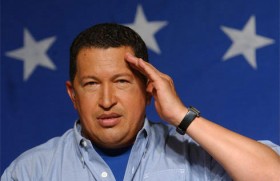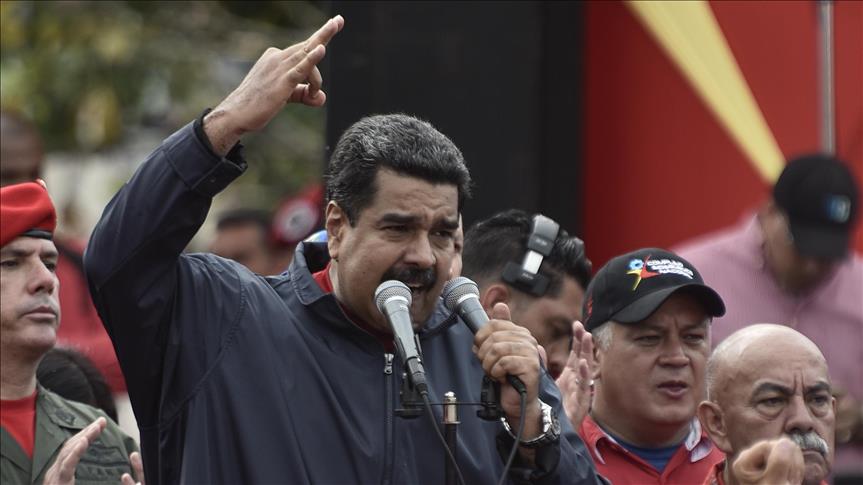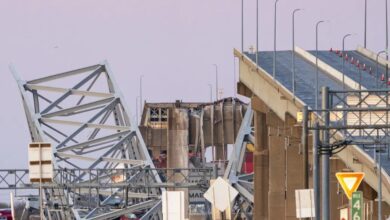Chavez makes first use of new powers
 Venezuelan President Hugo Chavez made his first use of new decree powers on Sunday to create a $2.3 billion (£1.5 billion) fund for reconstruction after widespread flooding that left more than 130,000 people homeless.
Venezuelan President Hugo Chavez made his first use of new decree powers on Sunday to create a $2.3 billion (£1.5 billion) fund for reconstruction after widespread flooding that left more than 130,000 people homeless.
The South American OPEC member nation’s socialist leader has infuriated opposition parties and been criticized as a dictator for assuming fast-track powers for the next 18 months that will enable him to rule by decree and bypass parliament.
Chavez has justified the measure as necessary to enable the government to respond to recent torrential rains that swept away houses, smashed bridges and roads, and also killed around 40 people in the nation of 29 million.
But critics say the president has cynically exploited the disaster as an excuse to outwit opposition parties who were due to take a larger share of seats — 40 percent — in the incoming National Assembly which convenes on January 5.
“They do nothing for the people, and they are trying to stop me working for the people,” Chavez said of his critics as he announced the reconstruction fund, his first decree.
The Simon Bolivar Fund, named for Venezuela’s 19th century independence hero, would begin with 10 billion bolivars, or $2.3 billion at Venezuela’s middle exchange rate of 4.3 bolivars to the dollar, Chavez said.
A first 506 million bolivars would go to house-building in the western state of Zulia, the Venezuelan leader said on a visit to that region with Bolivian President Va Morales.
“That’s what the ‘Enabling Law’ is for,” he said of the controversial decree powers he was granted this month by the outgoing parliament, which is packed with his supporters.
“Where do those crazy people get the idea it’s to install a dictatorship in Venezuela?”
UNREST?
Chavez, who has cast himself as the inheritor of Simon Bolivar’s ideas in Venezuela, has spent Christmas visiting refugees from the floods and even hosting some at his Miraflores presidential palace in Caracas.
Having only garnered half of the popular vote for his ruling Socialist Party in September legislative elections, Chavez knows he has a fight on his hands to win re-election at the 2012 presidential election.
Opposition parties, who have united in a coalition movement, have called for protests against the decree powers in the New Year, and there has already been some violence at demonstrations led by students.
Some analysts think the opposition will focus more effort on convincing voters that Chavez has become too radical than on launching a street campaign, but there are still fears of another bout of instability in the oil-exporting nation.
“In January and throughout 2011, Chavez’s move to deepen and radicalize his revolution could led to a political crisis and outbreaks of civil unrest on a similar scale to those that preceded the 2002 military coup that ousted him for 48 hours,” said the IHS Global Insight thinktank.
[adrotate group=”8″]

